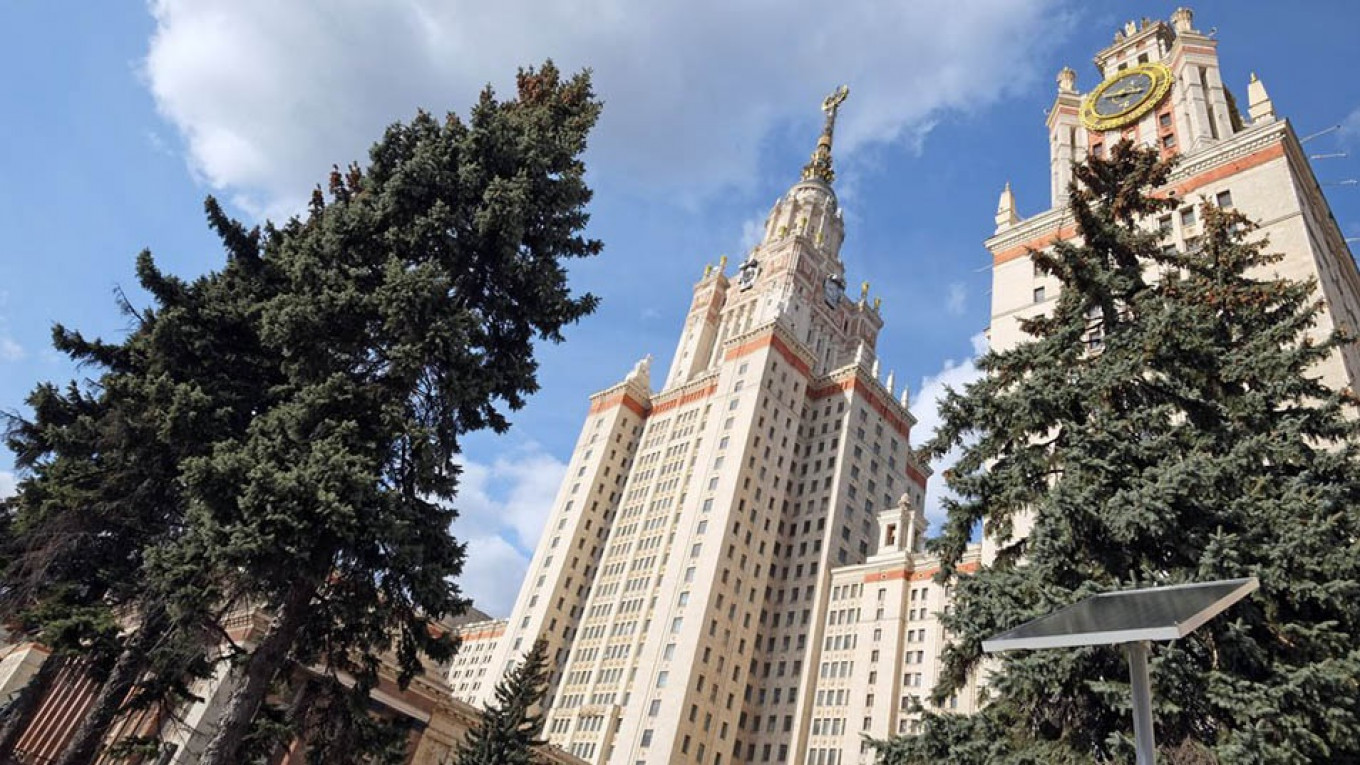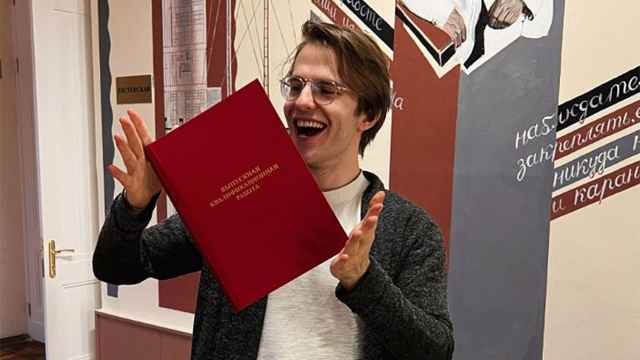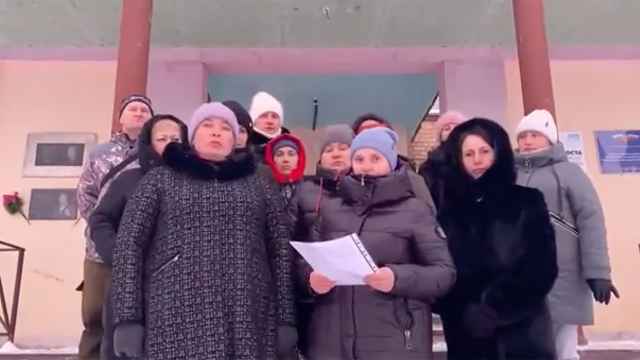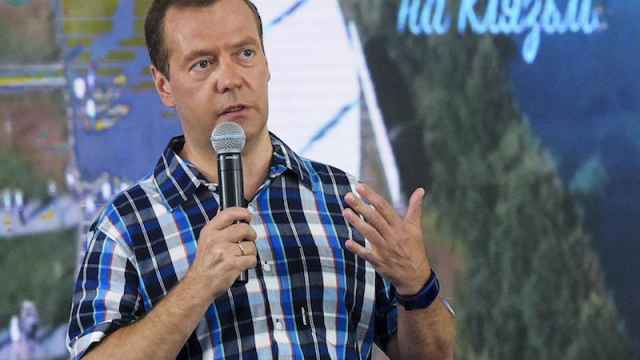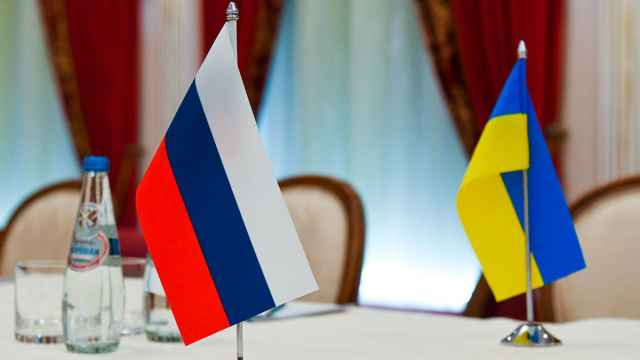Prime Minister Dmitry Medvedev has signed a decree authorizing Moscow State University (MSU) to cultivate drug-containing plants, as well as to use narcotic and psychotropic substances for scientific and educational purposes.
Russia has a notoriously tough stance against drug legalization for recreational purposes. In June, Moscow criticized Canada’s decision to legalize marijuana, calling the move a “breach” of its “international legal obligations,” adding that Canada had signed a number of conventions which obligate the country to restrict the use of drugs exclusively to medicinal and scientific purposes.
The decree signed by Medvedev and published on the government’s legal portal on Monday will allow MSU to use narcotic and psychotropic substances for scientific and educational purposes.
The measure amends a previous government decree from 2011 that ruled that the cultivation, import and export of narcotic drugs and psychotropic substances could only be carried out by licensed state-owned enterprises.
Meanwhile, a government commission approved a separate bill on Monday to allow the cultivation of drug-containing plants for medical purposes.
According to a statement accompanying the bill, the measure will allow the domestic pharmaceutical industry to produce opioid-based components used in pain relief medication. The commission argued that the international market for the components is dominated by companies based in countries that have enacted sanctions against Russia and says that the measure is necessary to "ensure national security."
A Message from The Moscow Times:
Dear readers,
We are facing unprecedented challenges. Russia's Prosecutor General's Office has designated The Moscow Times as an "undesirable" organization, criminalizing our work and putting our staff at risk of prosecution. This follows our earlier unjust labeling as a "foreign agent."
These actions are direct attempts to silence independent journalism in Russia. The authorities claim our work "discredits the decisions of the Russian leadership." We see things differently: we strive to provide accurate, unbiased reporting on Russia.
We, the journalists of The Moscow Times, refuse to be silenced. But to continue our work, we need your help.
Your support, no matter how small, makes a world of difference. If you can, please support us monthly starting from just $2. It's quick to set up, and every contribution makes a significant impact.
By supporting The Moscow Times, you're defending open, independent journalism in the face of repression. Thank you for standing with us.
Remind me later.


